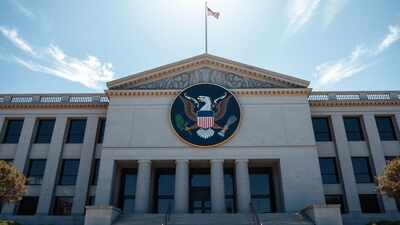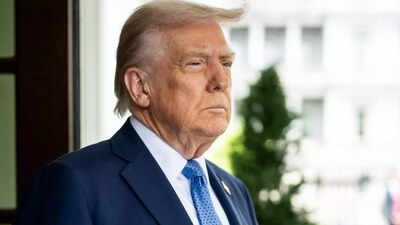Federal work-study will no longer cover political roles, US Education Department says

In a climate where the boundaries between higher education, civic engagement, and partisan politics are increasingly contested, the US Department of Education has delivered a sweeping policy reversal. By terminating the use of the Federal Work-Study (FWS) programme for political activism jobs, the department has not only redefined how taxpayer dollars are applied within universities but also reignited a larger national debate: Should federal aid cultivate student workforce readiness alone, or can it also serve as a vehicle for democratic participation? This recalibration of FWS funding signals more than an administrative adjustment; it represents a profound rethinking of the relationship between education, politics, and the public purse.
From voter outreach to workforce training
For years, the programme had funded part-time jobs that placed students in roles such as voter registration drives, polling assistance, and political hotlines. While these opportunities were positioned as community engagement initiatives, the department has now argued that FWS should be reserved for employment that imparts direct career skills, rather than roles tied to partisan or electoral activities.
Legal and political backdrop
The decision follows mounting criticism, particularly from Republican state attorneys general, who last year accused the Biden administration of misusing the programme to advance partisan objectives. Their contention was that channeling federal dollars into voter mobilization crossed a legal and ethical threshold, violating the intended boundaries of the Higher Education Act.
Guardrails against voter misuse
The revised guidance not only halts the funding stream for activism-related jobs but also tightens compliance around voter registration. Institutions are reminded that while they must make “good faith” efforts to distribute registration forms, they are not obligated to provide them to students ineligible to vote. Further, colleges must clearly inform students of federal prohibitions: Only US citizens may vote in national elections, double voting and falsified registrations are illegal, and voter eligibility is tied to permanent residence.
Policy in continuity with a broader agenda
The move aligns with President Donald Trump’s executive order, “Protecting the Integrity of American Elections,” underscoring a wider federal effort to link higher education policy with election safeguards. By withdrawing support for political roles under FWS, the department has effectively redefined the programme’s scope, shifting it back to its original purpose as a workforce readiness tool, rather than a channel for civic or partisan engagement.
A turning point for campus politics
The decision is poised to recalibrate the relationship between student employment and political activity on campuses. For some, it reinforces a principle of neutrality in federal aid; for others, it represents a narrowing of civic opportunities for students. Either way, it reflects a sharper ideological battle over how far higher education can go in shaping not just careers, but also the democratic participation of the next generation.





